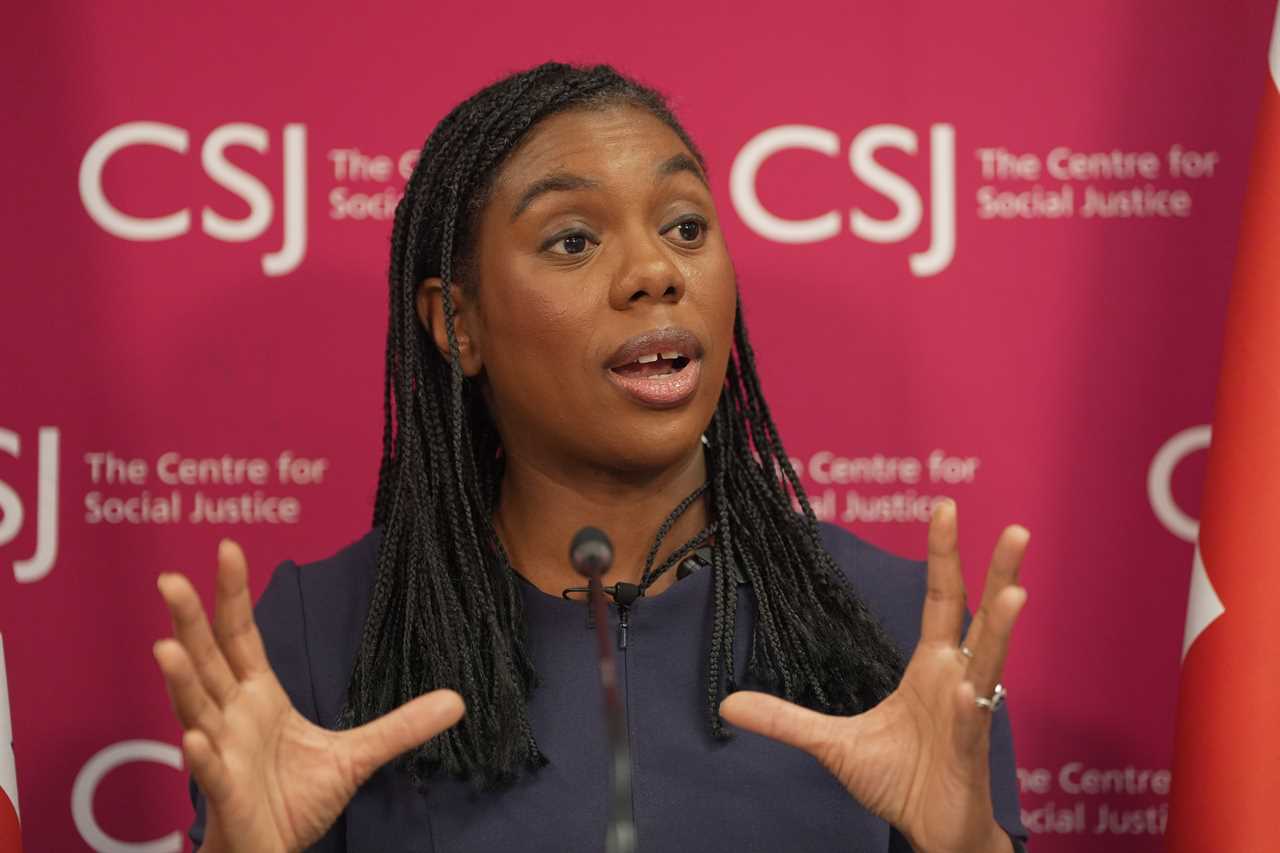
In the midst of escalating welfare costs, Kemi Badenoch's call for reevaluating benefit schemes, including Motability, sparks vital discussions on the future of social support in the UK. The intersection of health, disability benefits, and ballooning expenditures demands a closer examination to ensure a sustainable and fair system for all.
Reimagining Welfare Assessments
Kemi Badenoch's proposal for face-to-face assessments to curb the expanding benefits budget sheds light on the need for stringent evaluation processes. As the health and disability benefits expenditure in the UK hurtles towards £100 billion, questions arise about the efficacy and fairness of current assessment methods. Could a shift towards more personal evaluations address the system's shortcomings and restore integrity?
Unpacking the Motability Controversy
The contentious Motability scheme, offering taxpayer-subsidised cars to the disabled, presents a focal point for reexamination. Scrapping this programme, alongside targeting online "sickinfluencers" influencing benefit applications, reflects a broader debate on the intersection of privilege and necessity in welfare allocations. How can the system navigate between providing essential support and guarding against exploitation?
Redefining Medical Eligibility
Ms. Badenoch's stance on medical evidence and eligibility criteria challenges entrenched perceptions in the benefits landscape. The debate around conditions like food intolerances and their link to receiving new cars underlines the intricate balance between medical realities and social support. How can the system adapt to evolving medical understandings while maintaining fiscal responsibility?

Navigating Political Turbulence
Against the backdrop of political unrest, with Keir Starmer facing internal Labour dissent over benefit caps, the broader implications of welfare policies on vulnerable populations come to the fore. The two-child cap controversy underscores the real-world impact of policy decisions on households across the UK. How can political leaders navigate these challenges to ensure equitable and sustainable welfare provisions?
In conclusion, Kemi Badenoch's critique of the benefits system prompts critical reflections on the future of welfare in the UK. As discussions on assessments, eligibility, and expenditure continue, the need for a nuanced and inclusive approach to social support remains paramount. Balancing fiscal prudence with compassion and equity will be essential in shaping a welfare system that upholds the values of a just society.
Did you miss our previous article...
https://trendinginthenews.com/uk-politics/the-complex-realities-of-channel-crossings-unveiling-state-facilitation-and-humanitarian-challenges






